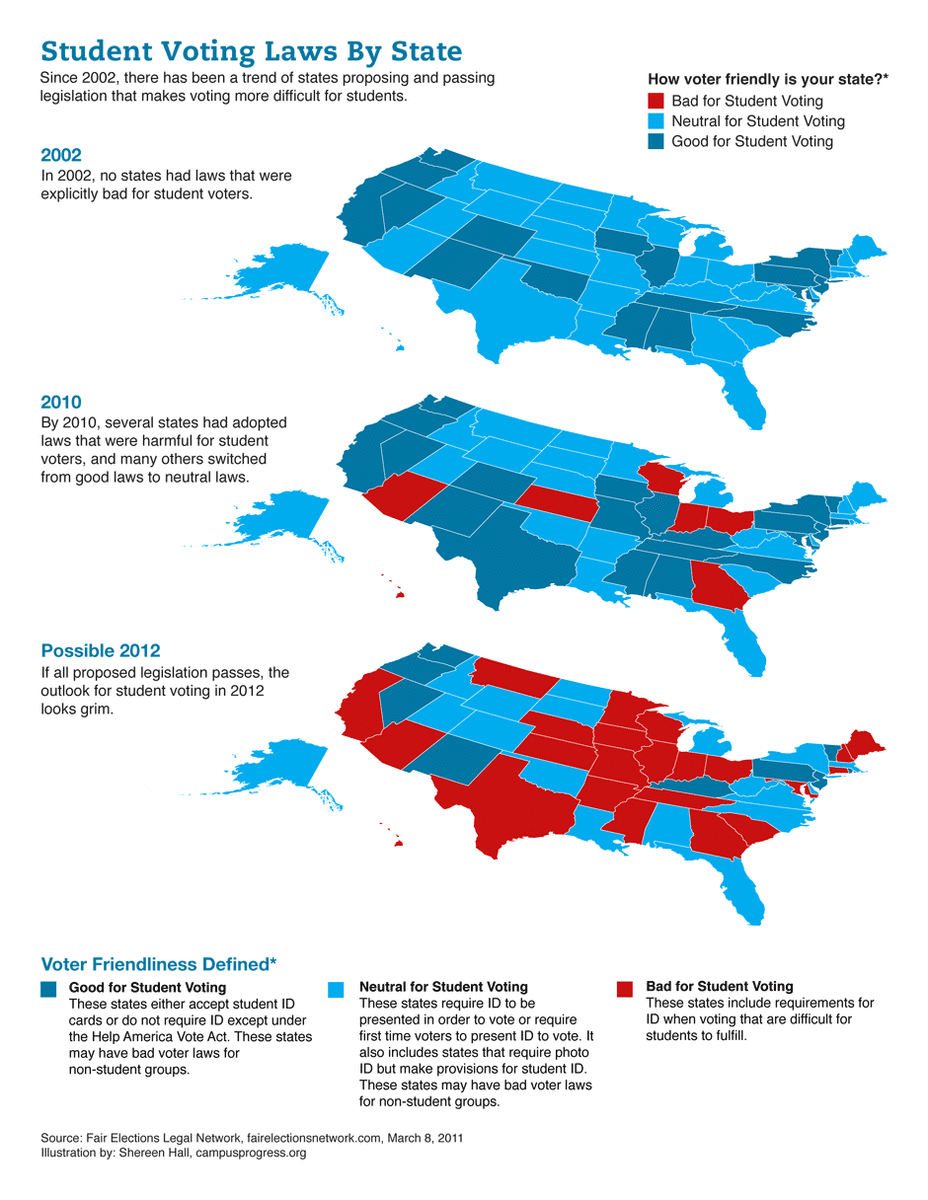Understanding Amendment 10 to the Constitution
The language of Amendment 10 to the Constitution is one which has seen wide discussion in terms of what the federal government is empowered to do and what remains for the states to do. The specific language is provided below:
“The powers not delegated to the United States by the Constitution, nor prohibited by it to the States, are reserved to the States respectively, or to the people.”
The content of our Constitution has had many changes to it since it was first signed when our country began. The philosophy embedded in it is clear with a distinction between a central government and state governments. Over the years laws have been passed which required regulations and rules to be initiated by the departments and agencies of the Executive Branch. The specifics involving distinction between the federal and state governments has become vague and has seen court cases to decide whether specific topics are a state or federal government responsibility.
The conflict between decisions by the federal government and state governments seems to constantly be in the news. Federal government responsibilities have grown in recent years and with it has come conflicts to some degree between state and federal government decisions. The question to be answered is whether decisions made by a state or local government can be overruled by a federal agency. The answer is sometimes.
Responsibilities for the federal government are specifically identified in our Constitution and laws and regulations associated with these responsibilities are created to address them. These laws and regulations provide the authority to make final decisions on issues for which the federal government has been entrusted. Issues which the federal government is the top authority is not necessarily those created in the laws and regulations created. It is true however that some laws or regulations may be necessary to have consistency with regards to specific issues but they should not overstep the authority granted to the states.
We as individuals and as a country need to understand the responsibilities and relationship between the federal government and state governments. The increase in the size of the federal government in recent years has taken place in both Republican and Democrat administrations. Part of this has been through actions of Congress who are charged with providing legislation for the needs of the country and should not create legislation on topics reserved for the States. The current political structure and culture in Congress has seen many laws which question whether the federal government has been given the responsibility associated with specific legislative topics. This question is often answered through our judicial system up to and including the Supreme Court.
There is no doubt that the federal government has specific responsibilities and states have specific responsibilities. The tenth amendment to the Constitution identifies the philosophy put forth when it was created. The responsibilities of the federal government are identified in Article 1 of the Constitution and include the following:
To borrow money on the credit of the United States
Regulate commerce with foreign countries and between the states and Indian Tribes
To establish a uniform rule of naturalization and uniform laws on the subject of bankruptcies
To coin money
To establish Posts offices
To promote the progress of science and useful arts by securing limited times to authors and inventions the exclusive right to their respective writings and discoveries
To constitute tribunals inferior to the Supreme Court
To define and punish piracies and felonies on the high seas and offences against the law of nations.
To declare war, grant letters or Marque and Reprisal, and make rules concerning capture on land and water.
To raise and support armies for which no appropriation of money longer than 2 years
This amendment identifies the basic responsibilities of the federal government which is divided into three branches, the judiciary, legislative and executive. All these branches include individuals elected, appointed or hired and while there they need to understand their responsibilities according to this amendment. Granted there vague topics which are not directly addressed in this amendment or the Constitution for which the federal government has taken action or has become involved. This is not always a bad thing as some issues fall within the overall responsibilities listed in this amendment.
It is true that our government has made some bad decisions but they have made some good or great ones. We tend to highlight the bad while forgetting the good. This aspect is not restricted to the federal government but it is part of society. The recent shutdown and the resulting agreement after 16 days have people wondering what will happen the next time. There are good individuals on both sides of the isle. Several individuals did step up to the plate not only to do what is right for our country but took their responsibilities seriously for which they were entrusted.
Individuals who stand up not only for their principles but what is right for our country should be applauded not shunned. The stand that was taken not only in the Senate but also in the House of Representatives was refreshing to say the least. Some individuals may not agree with this comment but I always respect an individual who stands up for his beliefs not his political party. Taking a stand was not easy given the culture in Congress today. It is hoped that those in Congress when the next battle comes early next year will work for the good of the country within the framework of the federal government responsibilities engrained in this amendment.








